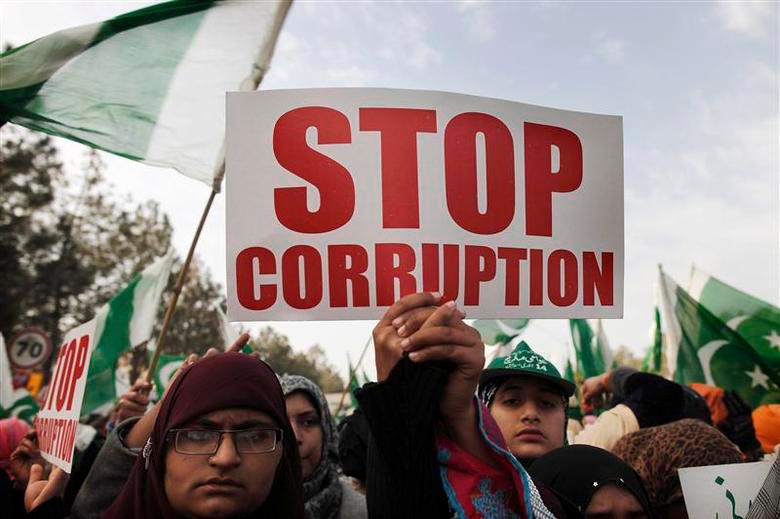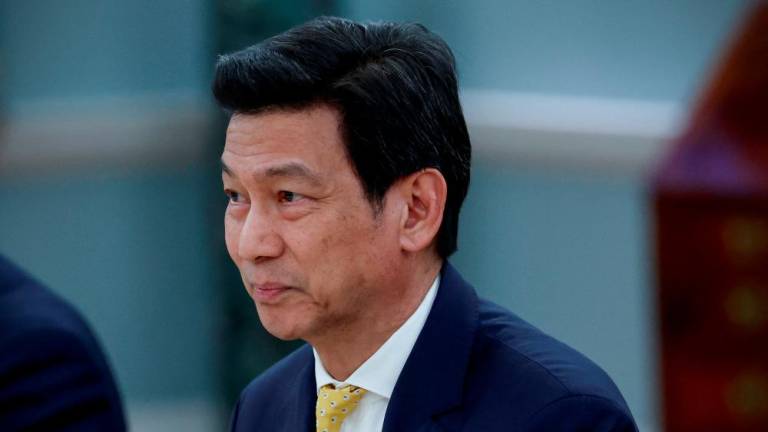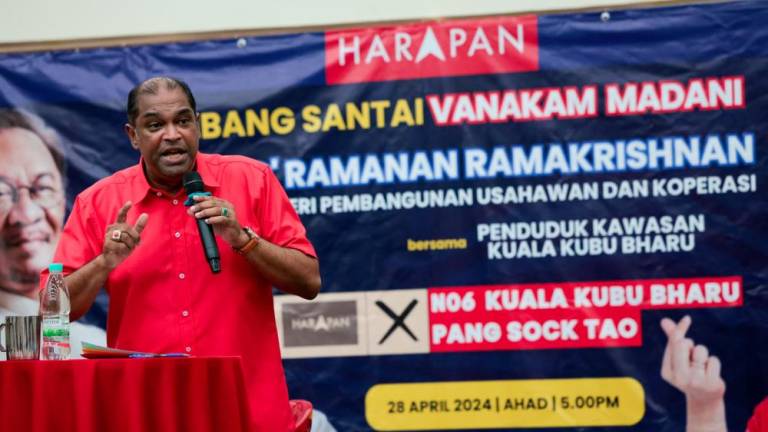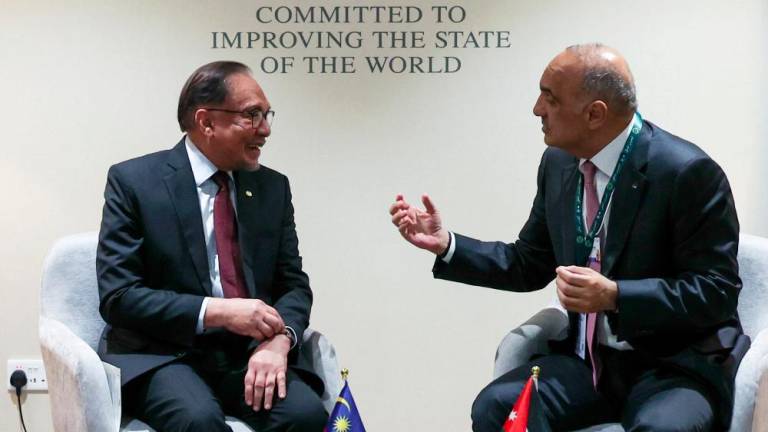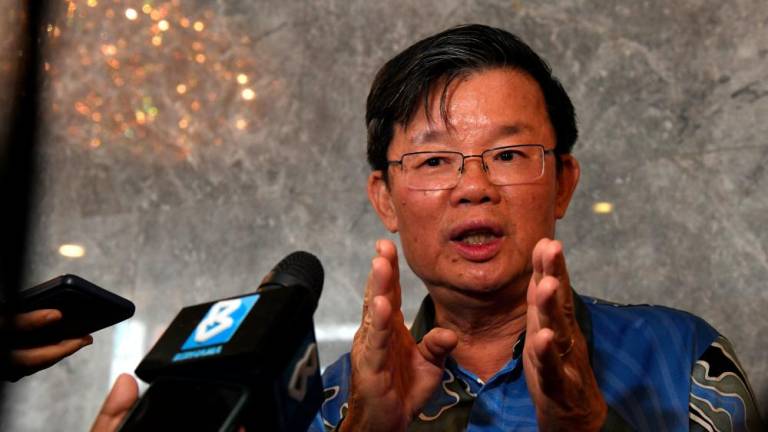THE Association for Welfare Community and Dialogue (Acid) condemns the latest statement by PAS president Datuk Seri Abdul Hadi Awang, who accused non-Muslims and non-bumiputras of making up the bulk of what he called “roots of corruption” – those who chase illicit gains – to the detriment of the country’s economy and politics.
Being a leader of a politically inclined ideological religious party, Abdul Hadi seems to take the parts rather than the whole in addressing corruption.
This is a dilemma of exclusivity in religious ideology that sees the world from a black-and-white perspective instead of understanding its complex whole. The activities centred around corruption are deeply moral and systemic, irrespective of ethnicity and religion.
One can find corruption in various forms, such as bribes and using one’s position to advance on a materialistic gain, which is the practise of the corrupt all over the world.
This is supported by a system of governance that is vulnerable to illegal activities in the context of the absence of proper checks and balances in the processes, which seems to be open wide to manipulation.
In the Malaysian context of governance, corruption is built on a patronage system of rewarding supporters and crony businessmen, who are close to the elites in power.
It sustains itself with ethno-religious rights that are regarded as supreme over the moral values of right and wrong.
In this context, the moral virtues and common good are secondary to self-gain and supporters’ enrichment, using a vulnerable system for maximum political and private gains.
I wonder how ethnicity could play a part in an issue with such a complex and universal moral dimension.
One wonders whether Abdul Hadi realises that such a racist approach to corruption could be detrimental to eradicating it in the country, since he is telling his vulnerable followers and the Malay community at large that non-Muslims are to blame for the ills of corruption in the country, when in fact mainstream levels of power are helmed by Malay-Muslim politicians, who have all the critical decision-making powers in their hands.
Therefore, Acid urges Malaysian political elites and concerned citizens to view corruption as a moral and systemic issue of governance that needs to be eradicated with the strong support and solidarity of Malaysia’s multi-ethnic and religious citizens.
Ronald Benjamin
Secretary
Association for Welfare Community and Dialogue



